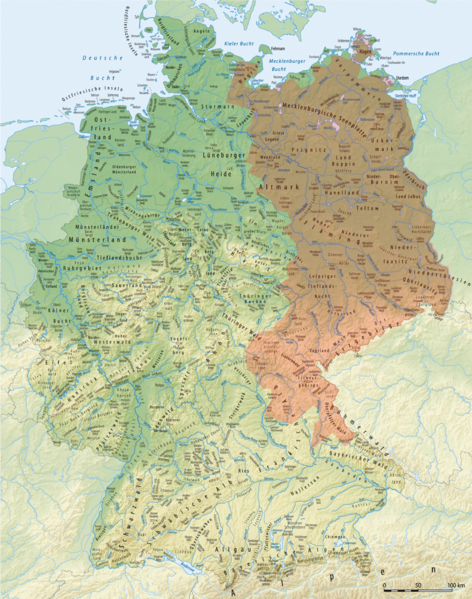Domen
Misico dux Vandalorum
Declaration of Independence was the consequence of power struggle between France and UK.
Can you explain it more ??? How exactly did France contribute to that declaration?

BTW - the declaration was anyway just a formal confirmation. Because colonists rebelled already before that.
We can say that the Declaration of Independence of the USA in 1776 was similar to the Treaty of Hadiach in 1658.
Rebellion started already in 1648 but the idea that they should be "Rusyn Principality" was implemented ten years later, in 1658.
The main problem of modern-day Ukrainians is that this culture and language is not enough for the nation of their size.
Here we agree. But that's why Russia should take eastern part, Poland should take western part, and only central part should remain Ukraine...


 .
.





 Maybe the OP will try again someday...
Maybe the OP will try again someday...



